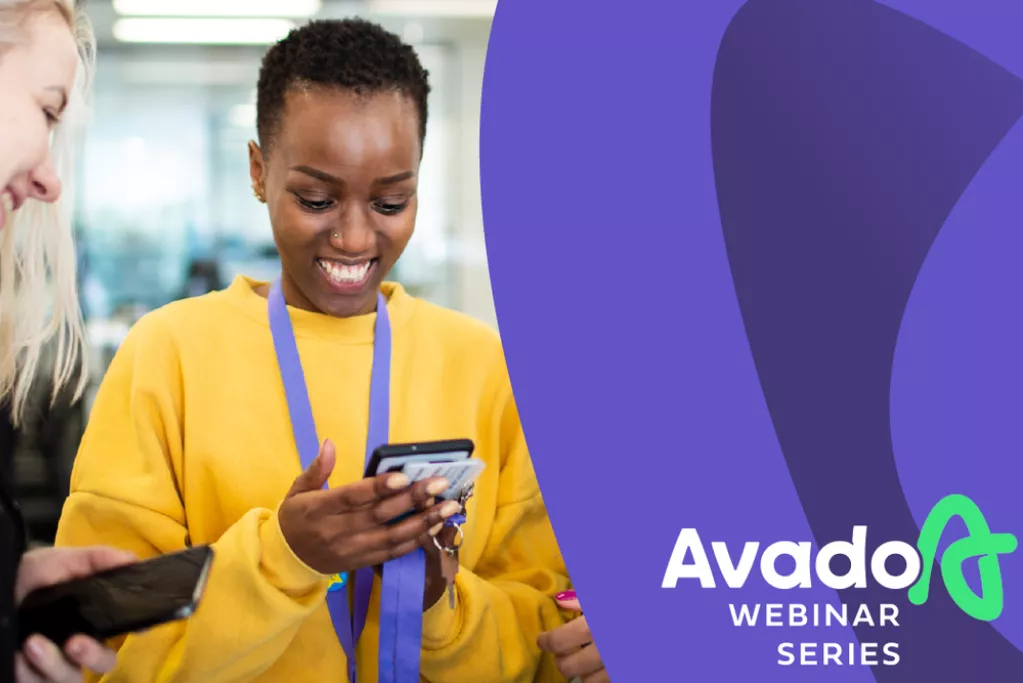HR training, delivered seamlessly online for busy professionals
Last week, we ran the second session in our webinar series, Unlocking Agility, called Connecting teams: Collaboration is the foundation of agility. Hosted by our Chief Commercial Officer, Richard Haynes, our panel of experts included Katie Wadley, the Group Customer Director at Aviva, and Simon O’Kane, the General Manager at Asana.
The webinar, which was hosted in partnership with Asana, covered a variety of topics including:
- It’s very easy to be agile in your own team, but it gets trickier when you’re working with other teams
- Having a common objective between teams is critical
- Spending time getting clear on how decisions will be made
- Getting the right players ‘on the pitch’ and find out who really needs to be involved for cross-team collaboration to work
- Noticing which teams collaborate well together in your organisation
- A key step is to win over hearts and minds, and spend more time upfront getting clear on ‘the why’ for everyone involved
- Trusting your people, because they will invariably come through, and if they fail, give them an environment to know it’s ok, and to learn from that experience
- How to bring together a cross-functional team around something small and let them work out how to work together in a low-risk way
- If you’re using tech to help you collaborate, recognise if it’s able to move as fast or be as flexible as you want it to (more on this in our next webinar!)
Watch the entire episode below.
As a follow up to this webinar, our CEO Mark Creighton shared his thoughts on organisational agility. We first asked him how he approaches cross-functional working, and he said “it starts with a clear understanding amongst colleagues of what different people within your organisation actually do. At Avado we have tried to build this understanding in different ways.” From our onboarding process to nurturing collaborative working behaviours, we work to bring our teams together to share experiences. “One of the most powerful exercises that was collectively created was a day of ‘Escape Rooms’,” Mark added. “Each of our teams had to create a gamified model that defined the function their team or department and what it contributes to our customers, our learners and our business. We then created randomised teams across Avado to encourage better networking across the organisation and have those teams work in collaboration to solve each Escape Room challenge.”
Mark also cited our own adoption of agile methods for working collaboratively and how they have increased our accountability and speed. “By creating clear project planning through tools like Asana to guide multiple teams working across a single project, we increase visibility of what actions need to be fulfilled and are able to monitor whether projects are progressing against key milestones,” he said. “This helps those teams working together to course-correct during a project, but also escalate to relevant leaders if blockers to progress emerge. This has created a real focus on completing multi-disciplined activities that would have previously been quite slow and in some instances de-prioritised.”
We then asked Mark how he encourages and enables creativity to be shared and acted on. “I consider this to be one of the greatest challenges of the lockdown period,” he said. “Creative and innovative thinking is often a group activity and comes from people ‘playing’ together with new ideas and thinking, and inherent in this is the acceptance that some of this work will fail or not lead to an outcome.” Mark went on to say that remote working makes this more challenging, because working in groups can end up feeling a bit stifled. “For example, working in shorter periods of time on larger strategic projects but more frequently, rather than across half or full days.”
Lastly, Mark weighed in on the role of leadership, and what the leaders at Avado are doing to drive change. “First and foremost, leaders and managers have to set the example of the way they want people within an organisation to work collaboratively,” he said. That means setting an example, and at Avado, our executive team have been following agile methodology in our teams for the past 15 months. “We follow a weekly sprint model, applying it not only to short term tasks, but more complex cross-functional strategic goals over longer periods of time,” he added. “We provide transparency to our respective line report groups on what is happening within our sprints on a weekly basis.” That means, everyone is able to see what we are working and who is accountable for delivering actions.
If you enjoyed this session, register for the next episode in our Unlocking Agility series, Simple steps and simple tech: Ways to make your team more efficient. Taking place on Thursday, March 4 at 1 p.m. GMT, the third episode will cover ways to start becoming more agile by starting small. Using data and technology better is part of the answer, but too often, organisational agility is slowed waiting for large-scale infrastructure or technology. Join this webinar and find out how you can get ahead, start small and scale fast.
For even more info on organisational agility, read our latest report, Why your organisation’s success depends on your approach to learning. From finding the right kind of agile learning to proving the relationship between learning and organisational change, this report offers up invaluable insights to support your organisation’s next steps towards agility.
About Avado
For more than 20 years, Avado have been providing professional training and qualifications that transform businesses. If you see a gap in your own organisational agility, find out how our Agility Academy can help.
 5 min read
5 min read 



